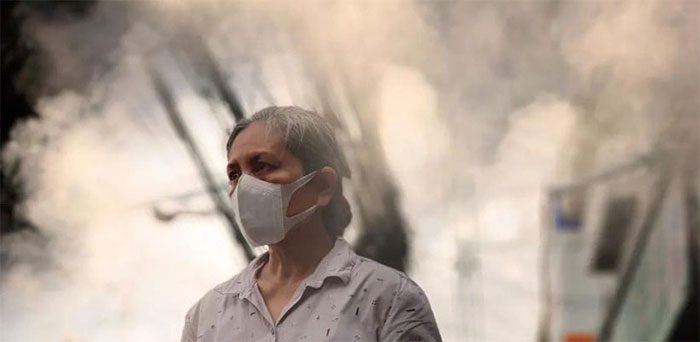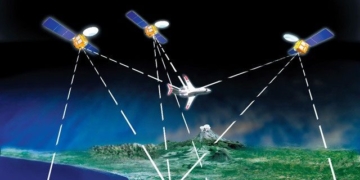According to a study published in the Lancet Planetary Health journal, air pollution may worsen antibiotic resistance.
Air pollution is responsible for approximately 3 to 9 million deaths each year (depending on the estimation method) and is one of the biggest killers humanity has ever faced.

People can wear masks to protect themselves from air pollution, but cannot prevent the rise of superbugs – (Photo: IFL SCIENCE).
Meanwhile, antibiotic resistance causes 1.3 million deaths annually. This number is expected to rise to 10 million.
Although drug resistance is a natural evolutionary response to microbial control, excessive prescriptions of antibiotics and their misuse in livestock feed have exacerbated this issue.
Moreover, a recent study found that the risk of antibiotic resistance increases with the level of air pollution.
Professor Hong Chen from Zhejiang University, China, and colleagues compared the levels of fine particulate matter PM 2.5 (particles sized 2.5 microns and smaller) with test results for 9 species of bacteria and 43 types of antibiotics, along with other factors that may affect local antibiotic resistance rates.
The results indicated that when PM 2.5 levels increase by 1%, the likelihood of antibiotic resistance rises by 0.5 – 1.9%. Alarmingly, this relationship appears to become “more entrenched” over time.
According to Professor Chen, air pollution is one of the biggest contributing factors to the 11% increase in global antibiotic resistance. However, the exact mechanisms connecting them remain unclear.
It is possible that bacteria “hitchhike” on small dust particles, allowing drug-resistant bacteria to spread more widely. Additionally, fine dust may weaken the human immune system, creating opportunities for drug-resistant bacteria to thrive in places where they could otherwise be eliminated.
The presence of pollutants may also facilitate horizontal gene transfer between drug-resistant and non-resistant bacteria.
The research team estimates that air pollution contributing to antibiotic resistance was responsible for 480,000 premature deaths in 2018. Without interventions to control urban pollution, the number of deaths could rise to 840,000 annually by 2050.


















































